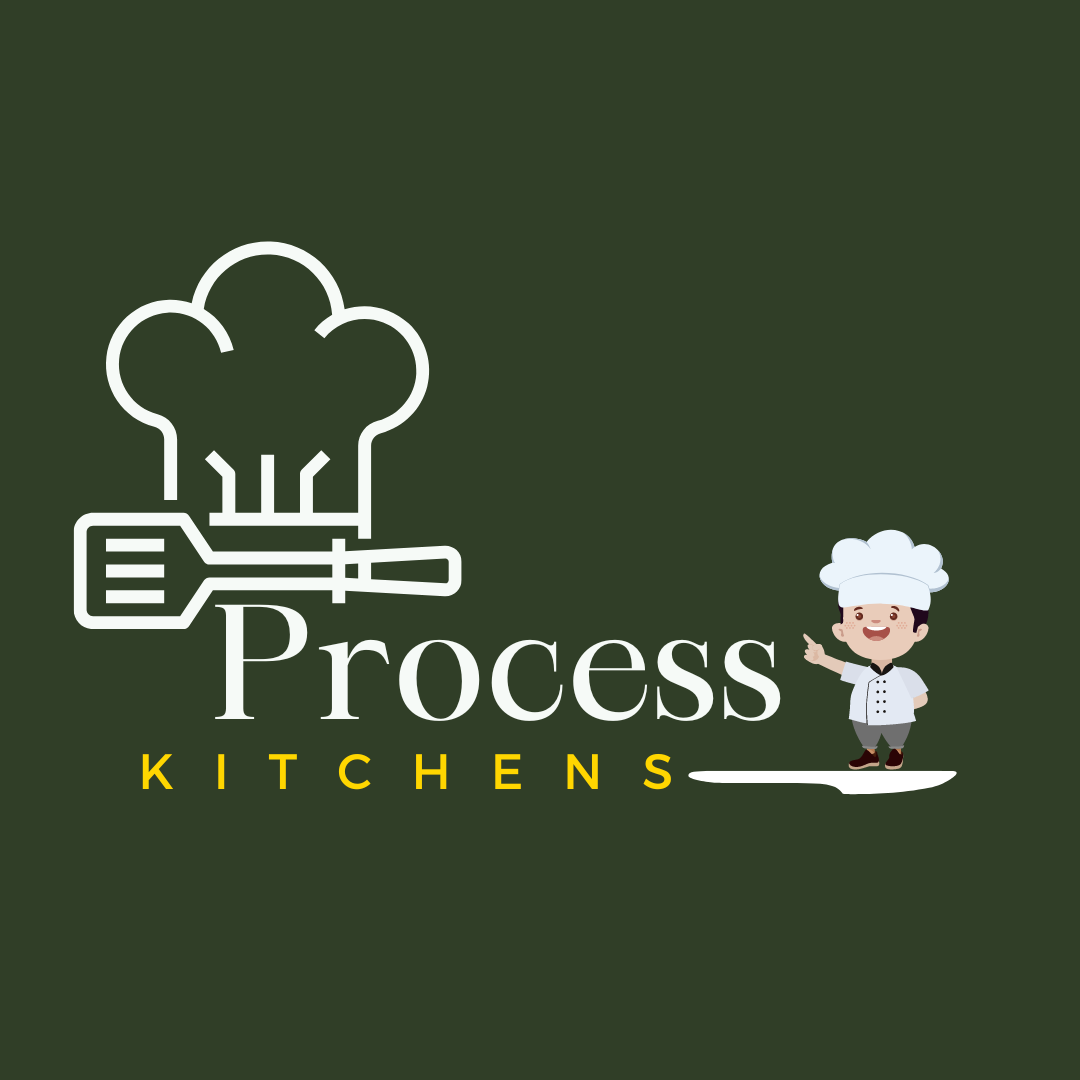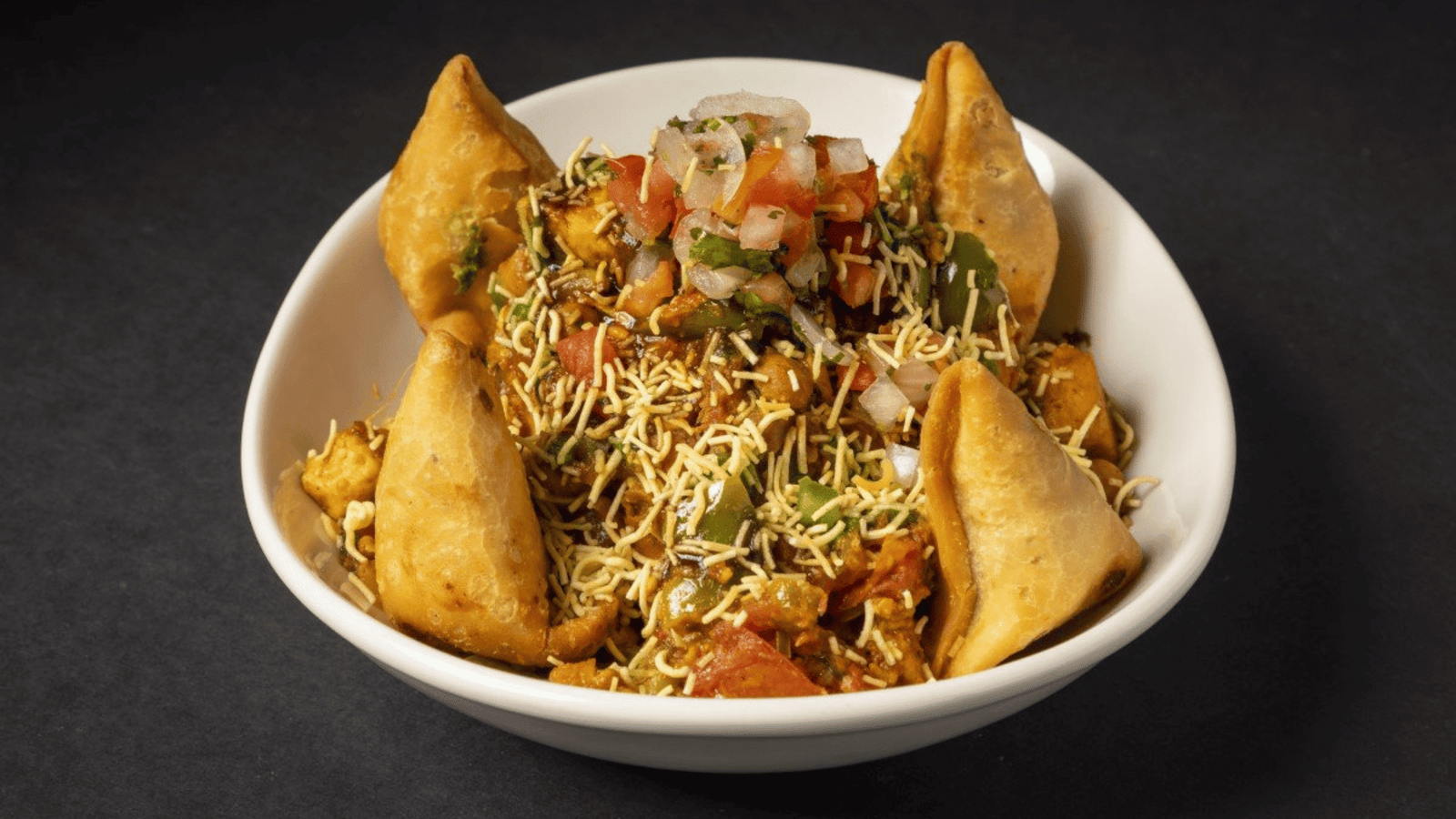In recent years, the focus on plant-based nutrition has soared, with more people embracing it for health, environmental, and ethical reasons. One of the most common questions people ask is: which plant-based foods are high in protein? Protein is essential for building muscle, supporting immune health, and maintaining energy levels, making it critical to identify protein-rich sources when following a plant-based diet. This guide provides you with an in-depth look at high-protein plant foods to keep you energized and healthy.
:max_bytes(150000):strip_icc()/HighProteinVegetables-9e666d0561444246a5ce27a373ec4991.jpg)
Why Is Protein Important in a Plant-Based Diet?
Protein consists of amino acids that act as building blocks for the body. While animal products are often regarded as protein powerhouses, many plant-based foods offer ample protein as well, often with the added benefits of fiber, vitamins, and minerals. For those transitioning to a plant-based diet, understanding the best protein sources can ensure balanced nutrition.
1. Legumes
Legumes like beans, lentils, and chickpeas are well-known plant-based protein sources. Packed with protein, fiber, and essential nutrients, they’re a staple in many vegetarian and vegan diets.
- Lentils: One cup of cooked lentils contains about 18 grams of protein.
- Chickpeas: Also known as garbanzo beans, these offer around 15 grams of protein per cup.
- Black Beans: With about 15 grams of protein per cup, black beans are a versatile addition to salads, soups, and stir-fries.
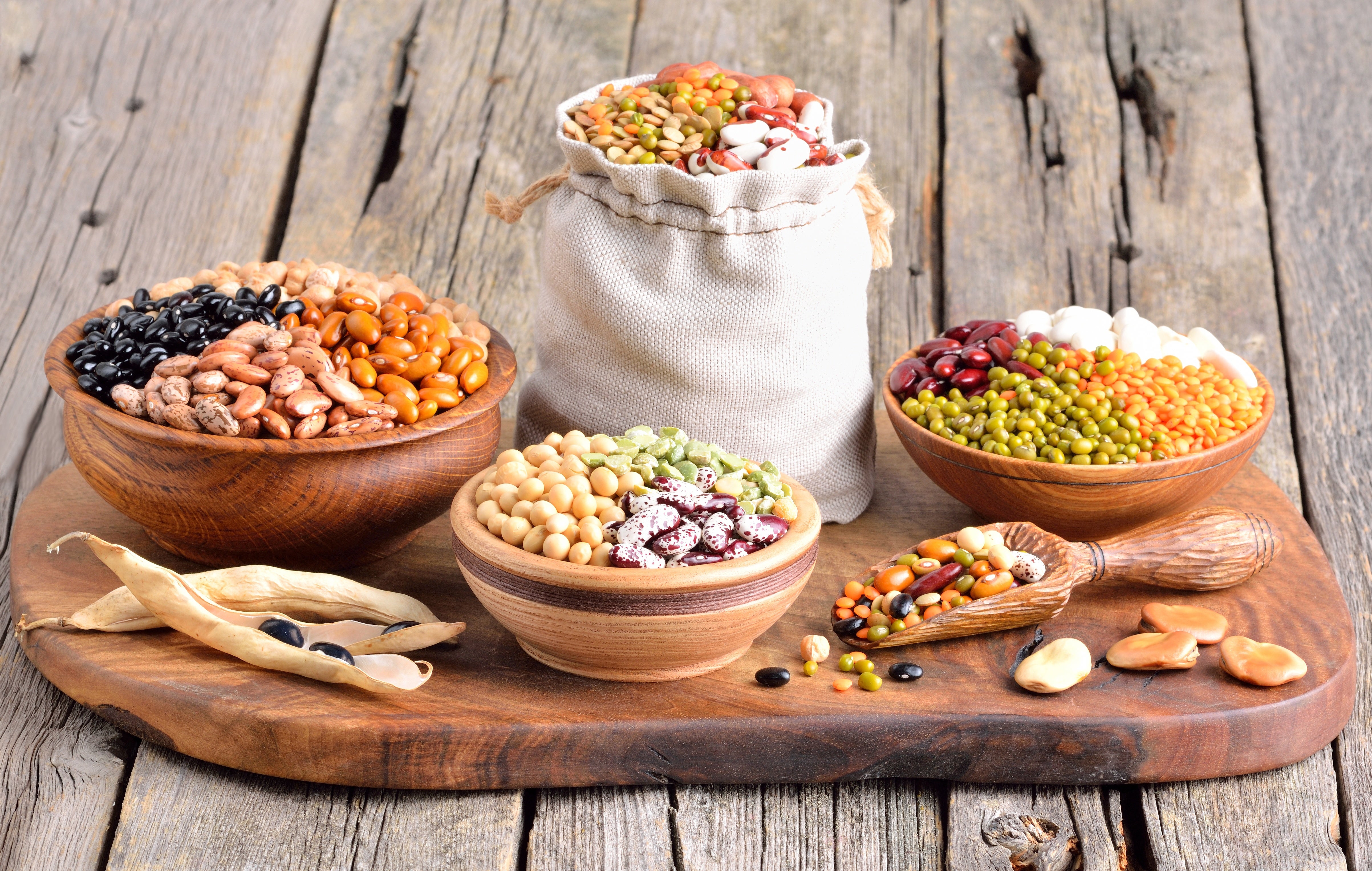
2. Quinoa
Quinoa is a complete protein, meaning it contains all nine essential amino acids. This grain-like seed is highly versatile, fitting well in salads, breakfast bowls, and main dishes.

- Protein Content: Approximately 8 grams of protein per cooked cup.
- Nutritional Bonus: High in magnesium, iron, and fiber, quinoa supports digestion and overall health.
3. Tofu, Tempeh, and Edamame
Derived from soybeans, these protein-packed foods are commonly used in vegetarian and vegan meals.
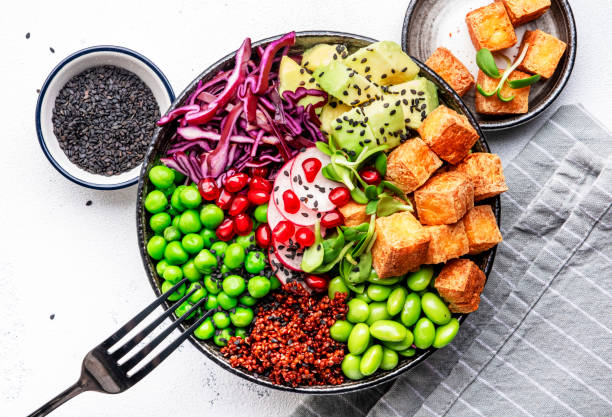
- Tofu: Provides about 8 grams of protein per 100 grams and works well in stir-fries, soups, or even grilled.
- Tempeh: Slightly higher in protein, with about 15 grams per 100 grams, tempeh is fermented, making it easier to digest for some.
- Edamame: Young soybeans served in pods contain 17 grams of protein per cup, offering a high-protein snack or salad addition.
4. Seeds
Seeds are often overlooked, yet they’re an incredible source of plant-based protein. Chia seeds, hemp seeds, and flaxseeds add both protein and healthy fats to any diet.

- Hemp Seeds: Around 9 grams of protein in three tablespoons.
- Chia Seeds: Contains 5 grams of protein per two tablespoons, along with omega-3 fatty acids.
- Pumpkin Seeds: One ounce delivers about 7 grams of protein, plus a dose of iron and magnesium.
5. Nuts and Nut Butters
Nuts like almonds, walnuts, and peanuts, along with their respective butters, are convenient, high-protein options. They’re calorie-dense, so consuming them in moderation can provide the right nutrients without excess calories.

- Almonds: 6 grams of protein per ounce.
- Peanut Butter: Two tablespoons contain around 8 grams of protein, making it a perfect addition to smoothies or spreads.
- Cashews: These offer about 5 grams of protein per ounce and are excellent in both savory and sweet recipes.
6. Nuts and Nut Butters
Certain whole grains pack a protein punch and are ideal for those wondering which plant-based foods are high in protein. They are fiber-rich, supporting digestion and heart health.

- Farro: About 6 grams of protein per cup when cooked, farro has a chewy texture and nutty flavor.
- Amaranth: Another complete protein source, with 9 grams per cooked cup.
- Oats: With around 6 grams of protein per cup, oats make a great high-protein breakfast option.
7. Green Vegetables
While vegetables are not typically high in protein, some, such as broccoli and spinach, offer more than you might expect. Adding them to meals can supplement your protein intake.
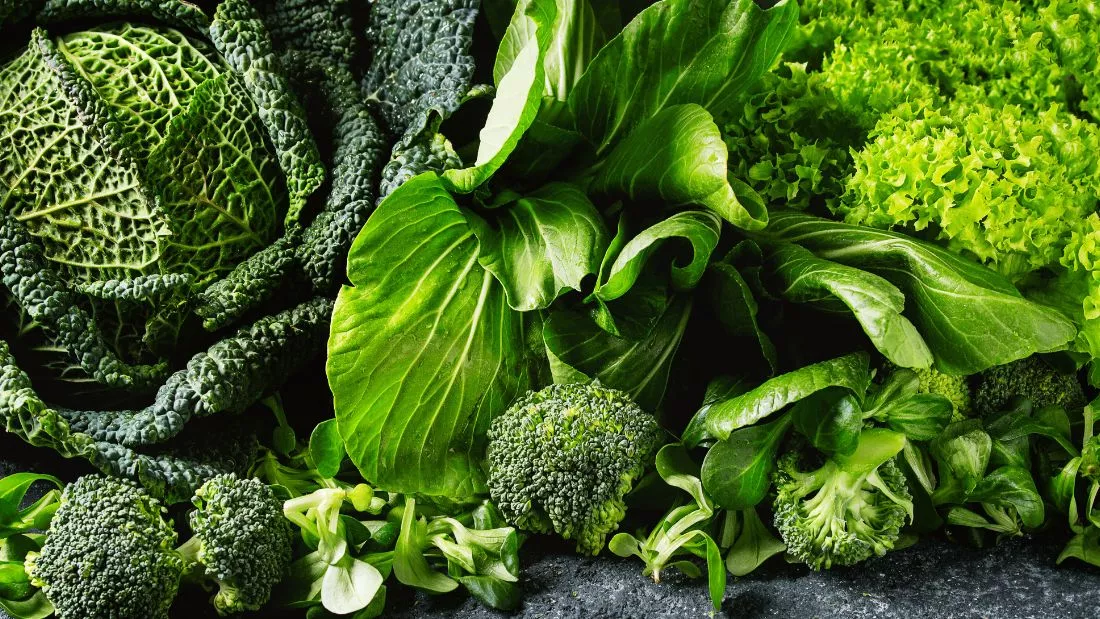
- Broccoli: Contains about 4 grams of protein per cup.
- Spinach: Approximately 5 grams of protein per cooked cup.
- Brussels Sprouts: With about 3 grams of protein per cup, these mini cabbages add both nutrients and texture to meals.
8. Nutritional Yeas
Nutritional yeast is a popular ingredient among vegans, adding a cheesy flavor along with a high protein content.
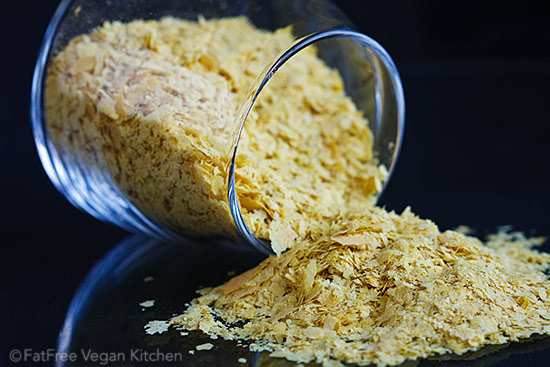
- Protein Content: Around 8 grams of protein per two tablespoons.
- Additional Benefits: Often fortified with vitamin B12, which is important for those on a plant-based diet.
9. Seitan
Made from gluten, seitan is one of the highest protein plant-based foods. Its texture is meat-like, making it a popular meat substitute.
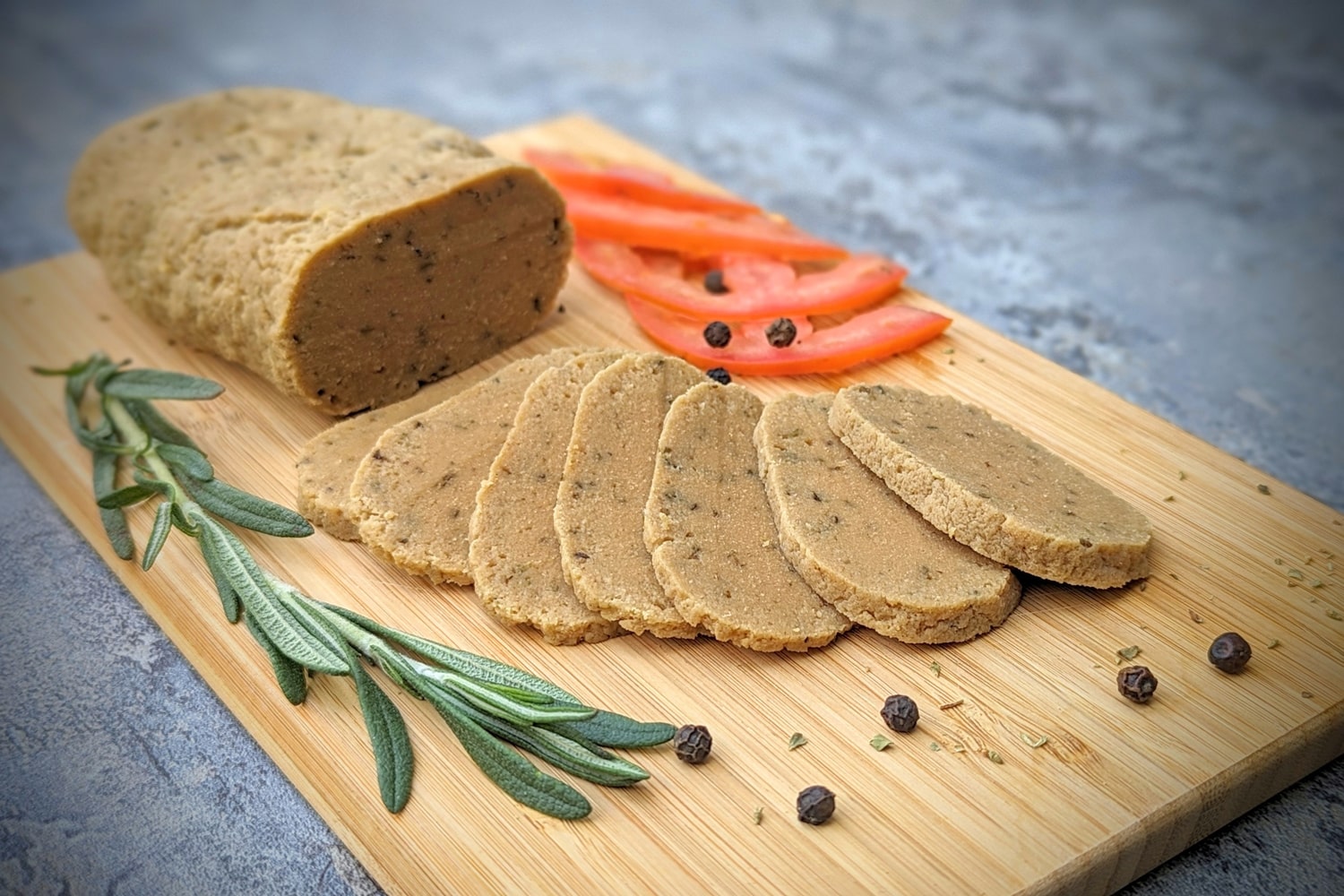
- Protein Content: Approximately 25 grams of protein per 3.5 ounces.
- Versatility: It can be grilled, sautéed, or added to various dishes, offering a satisfying protein source.
How to Incorporate These High-Protein Foods in Your Diet
Adding high-protein, plant-based foods into your diet doesn’t have to be complex. Here are some easy ways to integrate them daily:
- Breakfast: Add chia or hemp seeds to your smoothies or oatmeal.
- Lunch: Include lentils or chickpeas in salads and soups for added protein.
- Dinner: Use quinoa, tofu, or tempeh as a base for stir-fries or curries.
- Snacks: Enjoy nuts, seeds, or a handful of edamame between meals.
Tips for Meeting Your Protein Needs on a Plant-Based Diet
- Plan Balanced Meals: Incorporate multiple protein sources to ensure a complete amino acid profile.
- Experiment with Recipes: Try new dishes that feature high-protein ingredients like seitan, tofu, and quinoa.
- Focus on Variety: A diverse diet not only ensures adequate protein but also provides a range of nutrients.
- Consider Protein-Rich Snacks: Nuts, seeds, and even roasted chickpeas make great high-protein snacks on the go.
Conclusion
Identifying which plant-based foods are high in protein helps ensure a well-rounded diet that meets your nutritional needs. From legumes to seeds, grains, and green vegetables, plant-based protein options are diverse and delicious. By incorporating a variety of these foods, you can achieve a balanced, protein-rich diet that supports your energy, muscle health, and overall well-being.

